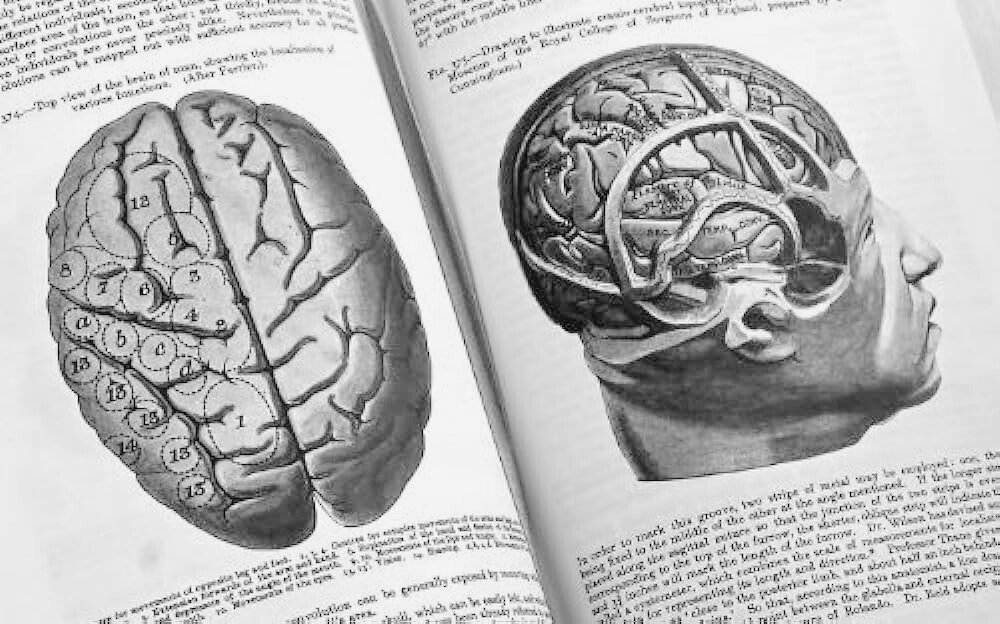After nine hours of pulling electrical wire, Mark Robinson sat in his armchair reading a copy of Grey’s Anatomy, a medical book weighing in at over 1500 pages. I sat on the couch opposite watching this man read with more passion than an army of football fans at the Superbowl. All he needed was a plate of spicy wings and he would have seemed just as zealous.
He lived in a small, World War II fabricated home, just large enough to fit himself, his wife, and two kids. It was a narrow, three-story brick building wedged into a row of hundreds of other homes just like it. Mark’s home was unexceptional. He didn’t have a glamorous job or a nice car. His clothes were worn and his hands were so rough, that every time he turned the page of his book, I heard a distinct swick sound.
He never spoke about hardship, and that’s what made him special. He didn’t have time to complain because he was too busy being fascinated. Besides working as the neighborhood electrician, Mark was also a self-made genius, a category of humanoid available to anyone willing to close the laptop in favor of turning the page.
He invited me to have dinner with his beautiful family, an opportunity I couldn’t refuse. As we sat around hot plates of turkey and mashed potatoes, I expected to hear about problems with his current construction jobs, financial stress, or the challenge of being a good father (which he was on all accounts). Nope, Mark wanted to talk about the anatomical ideas he found in his books, the theory of bounded rationality as presented in Daniel Kahneman’s Nobel Prize speech, and the idea of a bourgeois middle class and his concerns about unchecked materialism.
I found Mark fascinating because he was fascinated.
He kept our attention for two hours at that dinner table. Nobody asked to turn on the television. They couldn’t have if they had wanted to, because Mark didn’t own one. Nobody left for a bathroom break or to go hang out with their friends. It’s strange to think that Mark’s kids, young teenagers at the time, sat at that table and participated in the discussion.
I was floored.
Mark is what I would call an “After-Hours Academic.” He works hard to earn his keep, support his family, and be home when it counts. When he finally gets some time to himself, Mark reads slowly, takes notes, and applies the ideas. He is a great example of why you should read hard books.
This way of living is available to all. It starts with being curious.
